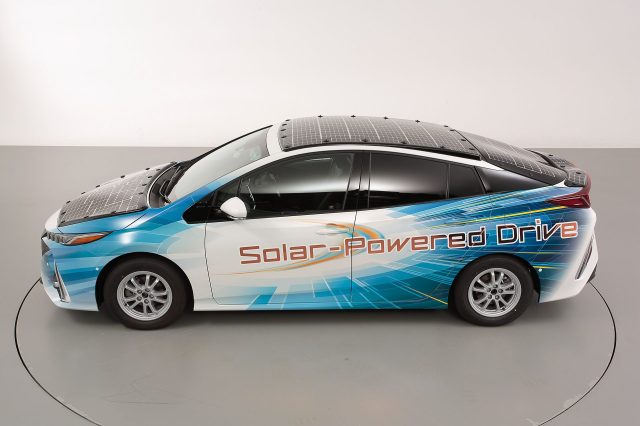As the global demand for renewable energy continues to grow, solar power has emerged as a promising solution to combat climate change and reduce dependence on fossil fuels. However, the economics of solar energy present unique challenges that must be addressed to ensure its widespread adoption. In this article, we will explore the key factors affecting the economics of solar power and delve into the innovative solutions being developed to overcome these obstacles. By understanding and addressing these challenges, we can pave the way for a brighter and more sustainable future.
Cost of Solar Panels and Installation:
One of the primary challenges in the economics of solar energy lies in the initial cost of solar panels and their installation. Historically, solar panels have been expensive, making it difficult for individuals, businesses, and governments to invest in solar power systems. However, significant progress has been made in recent years, with a steady decline in the cost of solar panels. Technological advancements, economies of scale, and government incentives have contributed to this decline, making solar power more economically viable.
Return on Investment and Payback Period:
Another crucial aspect of the economics of solar energy is the return on investment (ROI) and the payback period. The ROI refers to the financial benefits gained from a solar power system over its lifespan. Initially, the ROI for solar energy systems may have been relatively long, deterring some potential investors. However, as the costs decrease and efficiency improves, the ROI has become more attractive. Additionally, government incentives, such as feed-in tariffs and tax credits, have shortened the payback period, making solar energy more financially appealing.
Grid Integration and Energy Storage:
The intermittent nature of solar power poses challenges for grid integration and energy storage. Solar energy generation depends on sunlight availability, which can vary throughout the day and across seasons. To overcome this challenge, innovative solutions are being developed to integrate solar power into the existing electrical grid more efficiently. Smart grid technologies, advanced forecasting techniques, and energy storage systems, such as batteries, are being implemented to ensure a reliable and stable energy supply.
Policy and Regulatory Framework:
The economics of solar energy are greatly influenced by the policy and regulatory framework in place. Supportive policies and regulations, such as renewable portfolio standards and net metering, can create a favorable environment for solar power development. Conversely, inconsistent or unfavorable policies can hinder its growth. Governments around the world are recognizing the importance of renewable energy and are implementing measures to promote solar power through supportive policies and regulations.
Technological Advancements and Research:
Continuous technological advancements and research play a crucial role in overcoming the economics of solar energy. Innovations in solar cell efficiency, materials, and manufacturing processes are driving down costs and improving performance. Furthermore, research initiatives are focused on developing new solar technologies, such as thin-film solar cells and perovskite solar cells, which have the potential to further enhance the economics of solar energy.
Conclusion:
The economics of solar energy present both challenges and opportunities on the path to a sustainable future. While the cost of solar panels and installation, ROI, grid integration, policy framework, and technological advancements pose obstacles, they are being addressed through innovation, economies of scale, and supportive government policies. With every passing year, solar energy becomes more economically viable, paving the way for widespread adoption. By overcoming these challenges, we can unlock the full potential of solar power and create a cleaner, greener, and more sustainable energy future.
We value your perspective and encourage you to share your thoughts on the economics of solar energy. Feel free to leave your comments below, sharing your insights, opinions, and experiences related to solar power. We believe that engaging in a dialogue with our readers fosters a deeper understanding of this crucial topic and promotes the exchange of ideas. Your contributions are vital in shaping the discourse surrounding solar energy and its economic implications. We look forward to reading your comments and continuing the conversation.










